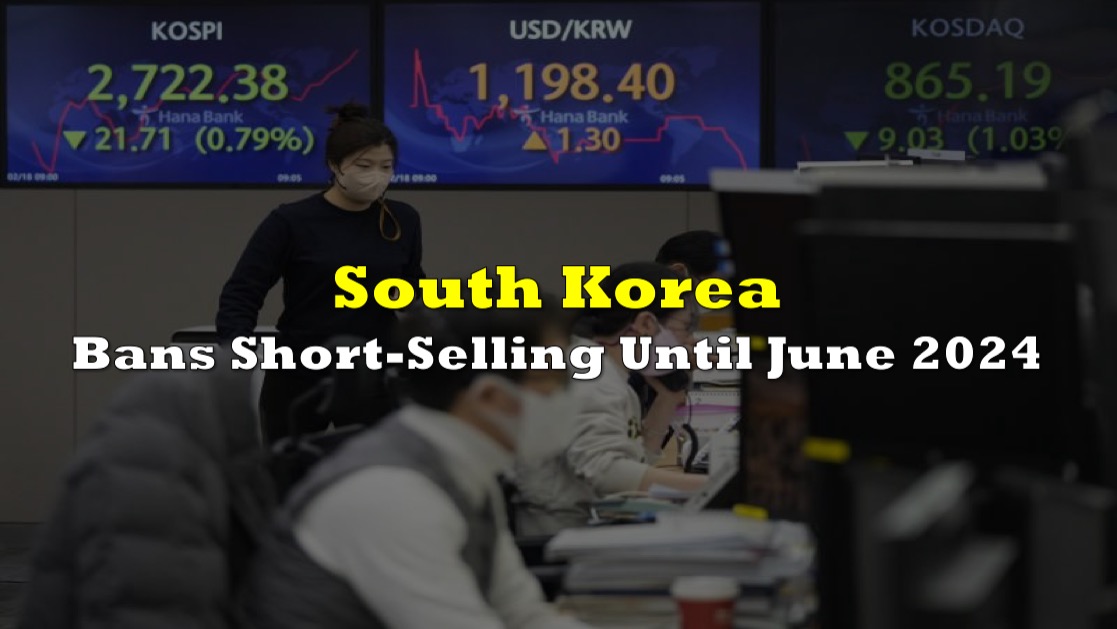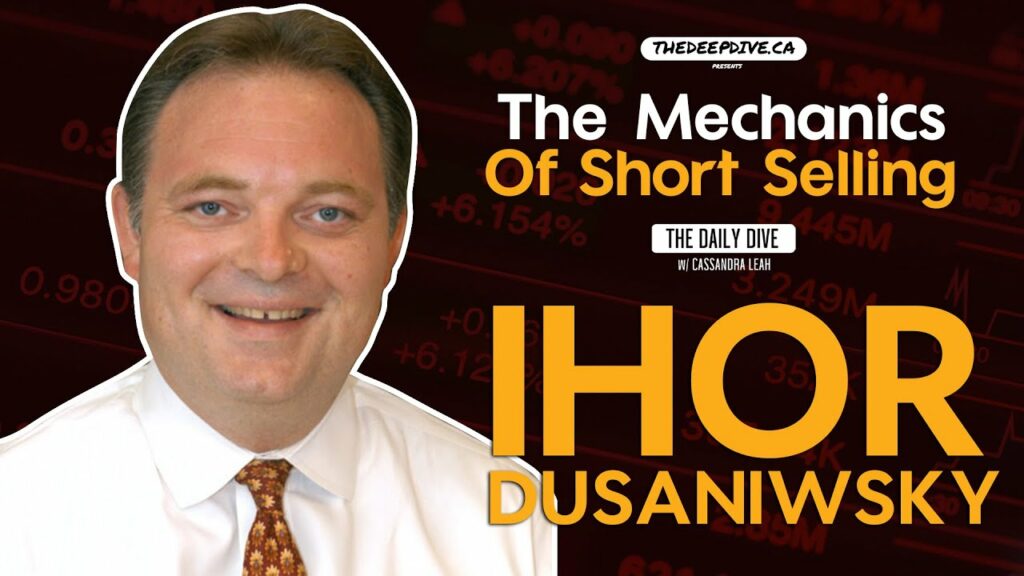South Korea has announced a temporary ban on stock short-selling until June 2024, with the aim of giving regulators the time to actively enhance existing rules and systems, according to the Financial Services Commission.
This move will see a suspension of trading with borrowed shares, a crucial aspect of short selling, for companies listed in the Kospi 200 Index and Kosdaq 150 Index starting Monday and extending through to the end of June, as declared by the commission on Sunday.
During a briefing, Financial Services Commission Chairman Kim Joo-hyun expressed concern about the state of the market, saying, “Amidst market turmoil, we’ve discovered massive illegal naked short-selling by global investment banks and circumstances of additional illegal activities. It’s a grave situation where illegal short-selling undermines fair price formation and hurts market confidence.”
In the coming months, South Korea aims to institute a “fundamental improvement” to level the playing field for retail investors. This includes efforts to reduce disparities in short-selling requirements and conditions between institutions and individual investors, as outlined by Kim.
In addition to these measures, authorities will also be pursuing stricter penalties for illegal short-selling activities. To achieve this, they will establish a special investigation team, starting Monday, to scrutinize short-selling transactions by global banks.
Lee Bokhyun, governor of the Financial Supervisory Service watchdog, revealed that approximately 10 global banks, accounting for the majority of short-selling transactions in South Korea, will face investigations.
Idiots are saying this would never happen in America https://t.co/MBcQ4kVWko pic.twitter.com/G8RtUQAEwZ
— H.E. Cas Piancey (@CasPiancey) November 5, 2023
It’s worth noting that South Korea initially permitted short-selling of stocks on the two indexes in May 2021, while maintaining a pandemic-era ban on over 2,000 equities. However, reinstating a full ban on this widely-used trading practice could impact the nation’s efforts to upgrade its position in a key global index, as suggested by Smartkarma Holdings Pte. analyst Brian Freitas. He warned, “The short-sell ban will further jeopardize Korea’s chances of moving from Emerging Market to Developed Market. Expect bubbles to form in pockets of the market that are favored by retail investors as short selling no longer acts as a brake on absurd valuations.”
It’s important to note that short selling represents only a small fraction of South Korea’s $1.7 trillion stock market, accounting for about 0.6% of the Kospi’s market value and 1.6% of the Kosdaq’s, according to exchange data.
This regulatory announcement comes just ahead of general legislative elections to select National Assembly members in April. Some ruling party lawmakers have pushed for a temporary halt to stock short-selling in response to demands from retail investors who have protested against the practice, arguing that it provides unfair advantages to foreign and institutional investors.
President Yoon Suk Yeol and his party in South Korea have been campaigning for a series of reforms, including changes to the pension system and measures to prevent market monopolies. Yoon’s popularity has been on the rise, reaching 34% on Friday, after experiencing a dip last year.
The regulator’s ban coincides with a nascent recovery in the main South Korean equity benchmark index. The Kospi has shown gains in November, following its worst monthly decline in October due to foreign selloffs. Nevertheless, the index remains more than 10% lower than its peak in August.
Meanwhile, the small-cap Kosdaq Index has also rebounded from its lowest point since January, although it remains down by 17% from its peak in July.
MASSIVE RALLY IN THE KOREAN STOCK MARKET TODAY AFTER SOUTH KOREA BANNED SHORT SELLING https://t.co/q6D5sBxOk6 pic.twitter.com/jYxudyq0mH
— GURGAVIN (@gurgavin) November 6, 2023
Information for this briefing was found via Bloomberg and the sources mentioned. The author has no securities or affiliations related to this organization. Not a recommendation to buy or sell. Always do additional research and consult a professional before purchasing a security. The author holds no licenses.











